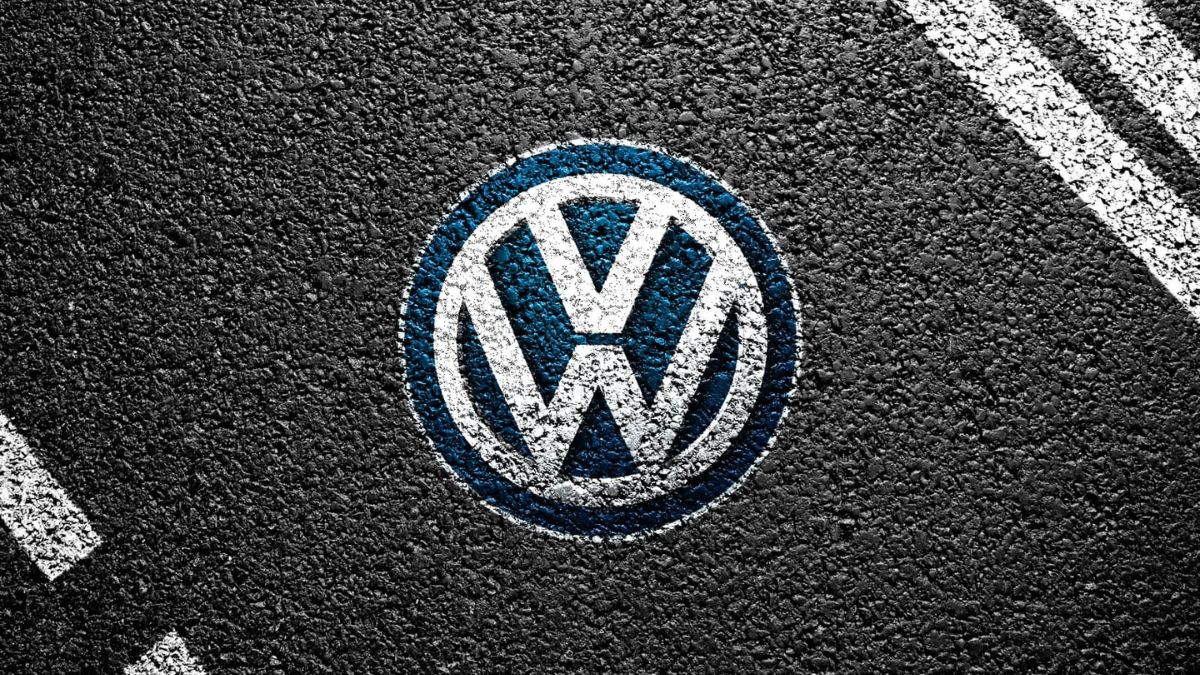Necessary Always Active
Necessary cookies are required to enable the basic features of this site, such as providing secure log-in or adjusting your consent preferences. These cookies do not store any personally identifiable data.
|
||||||
|
||||||
|
||||||
|

German automaker Volkswagen plans to invest up to €1 billion in AI by 2030. Volkswagen’s investment in AI will see the automaker integrate the technology in every aspect of its business as it seeks to save billions.
According to Reuters, Volkswagen made the announcement at the IAA car show in Munich. The event has seen European carmakers unveil new electric models and tech upgrades to take on growing competition from China.
Volkswagen says its 2025 AI funding will be used in developing AI-supported vehicles. The company also plans to spend the funds on expanding its IT infrastructure and industrial applications. Volkswagen AI-powered vehicle development will enable the company to increase efficiency, boost innovation, and fast-track vehicle rollout, enabling it to save up to €4 billion by 2025.
“With artificial intelligence, we are igniting the next stage on our path to becoming the global automotive tech driver. AI is our key to greater speed, quality, and competitiveness across the entire value chain, from vehicle development to production. Our ambition is to accelerate our development of attractive, innovative vehicles and bring them to our customers faster than ever before. To achieve this, we deploy AI with purpose scalable, responsible, and with clear industrial benefits. Our ambition, no process without AI,” Volkswagen Group Chief IT Executive Hauke Stars said.
Volkswagen appears keen on maintaining data sovereignty. This requires it to develop infrastructure for storing, processing, and protecting data within Europe. Increasingly, tech giants are boosting investments in sovereign AI infrastructure with the aim of strengthening localized data control. Data sovereignty means data generated in a particular country or continent stays within the borders.
The automaker plans to spend part of Volkswagen AI investment at IAA Munich 2025 on expanding company-wide cloud infrastructure in the coming years to facilitate internal processing of sensitive information. This move is aimed at maintaining data control and strengthening its resilience against external influence and risks.
The German automaker uses over 1,200 AI applications across its process. Several hundred more applications are under development or nearing deployment. Currently, Volkswagen is developing an AI-powered engineering application in partnership with Dassault Systemes.
Once complete, this application will be availed to all group brands across the globe to facilitate virtual testing and component simulations. This collaboration, alongside similar others, will help the company to speedup vehicle development to 3 years or less. This is at least 25% or a year faster than the current timelines.
Volkswagen is also advancing AI integration in production to speed-up car assembly, materials, and energy, while leveraging AI-powered applications to strengthen employee training and knowledge sharing.
Commenting about the AI race, Volkswagen said political support is needed to enhance the EU’s competitiveness globally. This support includes ensuring that regulations in the region support innovation.
“We support the innovation-friendly evolution of European regulation. In addition, targeted incentives are needed, we must make more of what we’re capable of. This includes, above all, funding programs that strengthen spin-offs from universities and research institutions and accelerate the transfer of scientific knowledge into market-ready applications,” Stars added.
In February 2025, tech giants Meta and Google criticized EU’s stringent AI regulations. The U.S. tech giants raised concerns over the strict approach that the EU has taken towards technologies like machine learning and AI, saying that regulations in the region are slowing down the growth of the AI industry in Europe.
The German automaker is working on deep changes within the German and Chinese markets as it develops new models. The company has also initiated cost-cutting measures in Germany. On September 7, 2025, the company launched a concept for a new small electric SUV called ID.CROSS in a bid to offer affordable battery-powered vehicles.